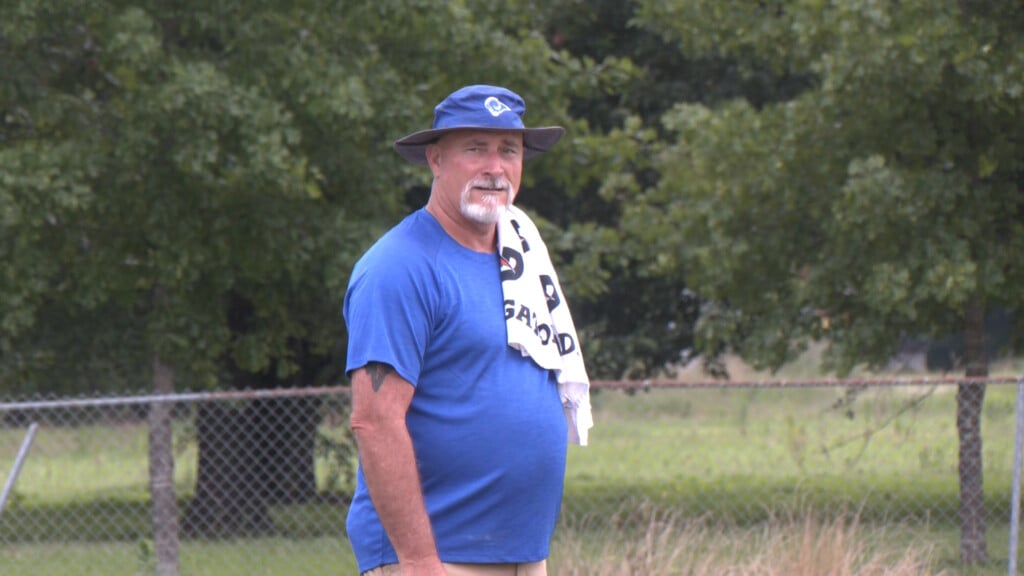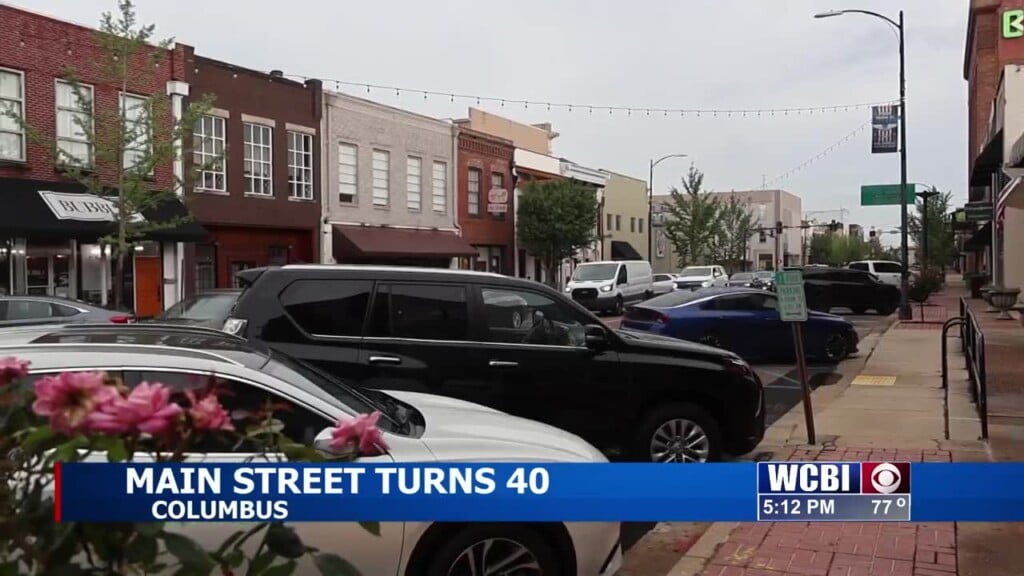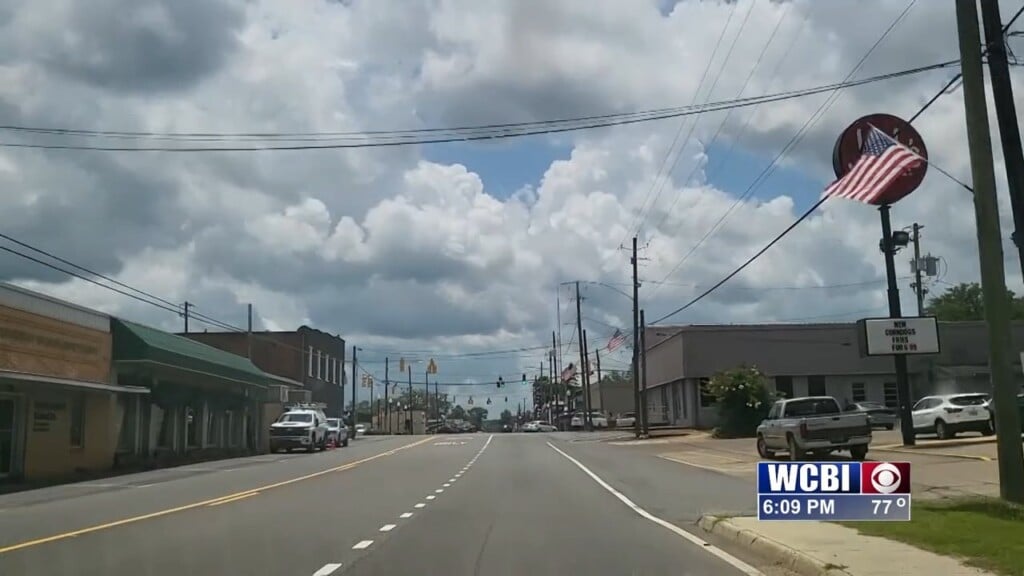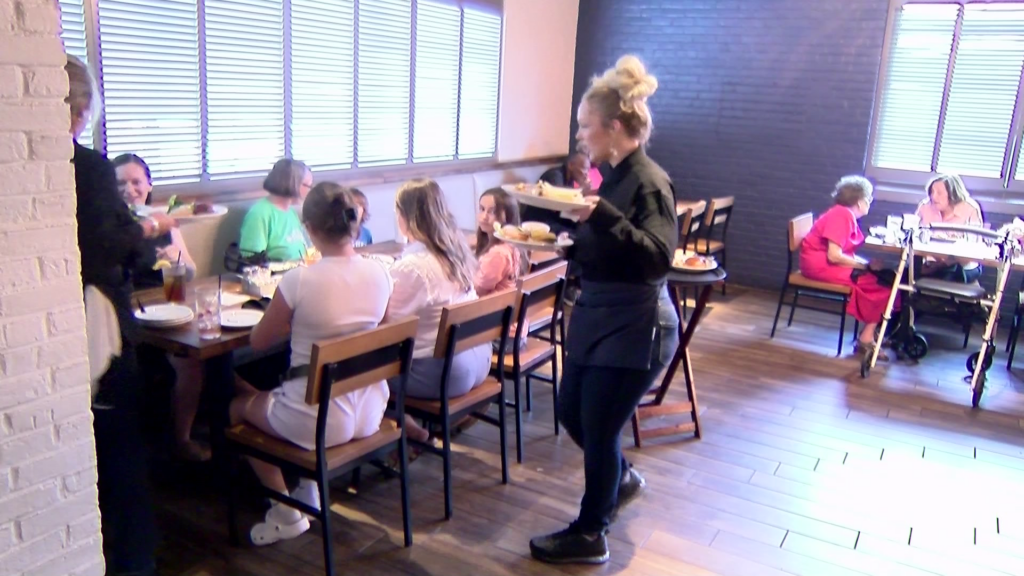Transcript: Suzanne Clark on “Face the Nation”
The following is a transcript of an interview with Suzanne Clark, President of the U.S. Chamber of Commerce, that aired Sunday, April 12, 2020, on “Face the Nation.”
MARGARET BRENNAN: We turn now to the economy and the continued financial fallout from the coronavirus. Suzanne Clark is the president of the Chamber of Commerce based here in Washington. Good morning.
U.S. CHAMBER OF COMMERCE PRESIDENT SUZANNE CLARK: Good morning.
MARGARET BRENNAN: The volume, the amount of demand that small businesses had for emergency aid was so great that that $350 billion fund ran out on Thursday. We know from congressional leaders and the Treasury that they expect some kind of deal to replenish those funds. Is $250 billion enough?
CLARK: Well, we know that the small businesses out there are really hurting. And every hour and day that goes by without this assistance is really hurting them. And so we know that it’s a really good start. And it’s part of why we’re working on a path forward on how you reopen businesses so that they can get back in some kind of gradual, phased-in way to work.
MARGARET BRENNAN: So you do believe this $250 billion package will be approved this week. But, I mean, a senior Fed official I spoke to this week said even the 250 on top of the $350 billion may not be enough because small businesses are in such acute pain and they make up such an important part of the U.S. economy. I mean, what’s the timeline?
CLARK: I think the $250 billion is just another really important step on getting aid to the front lines as fast as possible. I do think it will get done this week, and the Chamber is delighted about that. What we really believe, though, to your point, is that these businesses and getting paychecks in the hands of Americans at some point requires getting back to work, of course, safely and sustainably when the public health officials say it’s OK to do so.
MARGARET BRENNAN: When it comes to your members, how many of them had a hard time getting access to this money? Because CBS, in our reporting at this net- network, has found that many of the smaller businesses didn’t get their applications through.
CLARK: We know that there was great demand because we know that there’s great pain out there. We know that the banks, you know, this didn’t make different banking regulations go away. So they had to deal with people they knew bus- did business with. They had to deal with anti-money laundering rules, et cetera. So it was easier to do business with people that they knew. But we know now, as other non-traditional lenders get into this space, that they are ready to give the money and make it easier for small businesses to access as soon as that fund is replenished.
MARGARET BRENNAN: So you expect it to function better–
CLARK: Yes.
MARGARET BRENNAN: –this time?
CLARK: Yes.
MARGARET BRENNAN: The Chamber released a poll showing at the beginning of April that one out of 10 members say they are less than one month away from permanently going out of business. What are your projections on bankruptcies and closures?
CLARK: It’s really terrifying these numbers. You had something like 50 percent of small businesses say that they were eight weeks away from closing forever. And so that’s why these bridge programs are so important. But also why it’s so important that we start to think about reopening in a gradual, phased-in way. We know that certain regions were hit harder than others. We also know that there were certain regions that weren’t hit as hard. We know that certain sectors, as Dr. Gottlieb just said, will have a harder time coming back. But there are other sectors that may be able to open. So the faster that we can get people back to work- we know what this job means to a community and to a family, and the faster we can get paychecks into their hands and get these businesses to open, the sharper and faster the recovery will be.
MARGARET BRENNAN: What is the cost to a small business owner of trying to provide and what is the legal expectation for that small business owner to try to provide testing or protective equipment to their employees? Are you telling businesses to go ask their governors and mayors or is that the business owner’s job?
CLARK: That’s exactly where we’re doing our work. So the Chamber’s path forward is all about gathering all of the questions and concerns that small, medium and large businesses across the country have and helping develop a framework for policymakers and businesses so that when we get the yellow light, the proceed with caution light, to reopen, they’re ready. And you’re right, that that’s part tracing and testing. But it’s also part which equipment and how do you train? And then there’s the best practices and guidelines. Are we asking employers to check whether you’ve been tested? Are we creating some kind of immune registry? There are a lot of regulatory and legal questions here that small business owners and big business owners want to know. There’s no playbook for this. It’s unprecedented. And they want to know if they take a risk in an imperfect information situation that they’re going to be protected.
MARGARET BRENNAN: And who is answering those questions? Is that the federal government?
CLARK: It’s really a coordinated approach. You have federal guidelines that then have to be implemented on a state and local level because the conditions vary so much by zip code.
MARGARET BRENNAN: All right. Well, very quickly, before we leave, can I get you to clarify do you expect the requirement to provide health care coverage, paid leave to happen because it currently expires in December?
CLARK: I don’t know what the Congress will end up deciding. What I expect is that companies and communities are going to do the right thing by their people. We don’t want sick people in the workplace. We can’t get back to work until we get back to health.
MARGARET BRENNAN: Right.
CLARK: And I expect that the government and business will work together to figure that out.
MARGARET BRENNAN: A lot of big questions still unanswered. Thank you very much, Suzanne Clarke.
CLARK: Thank you.
MARGARET BRENNAN: We’ll be back in a moment.





Leave a Reply